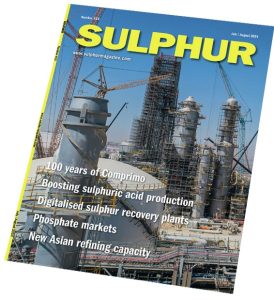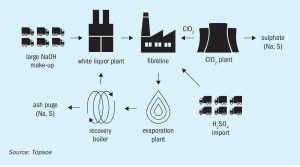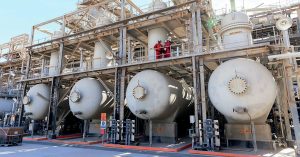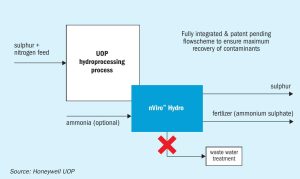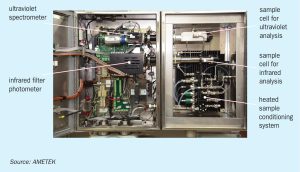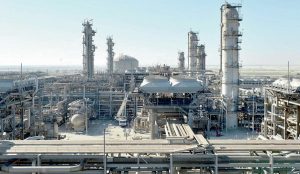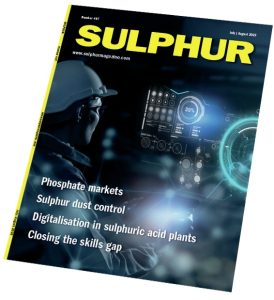CITGO Petroleum Corporation has named Dennis Willig as the company’s new Vice President of Refining, where he will oversee operations at the company’s three refineries located in Lake Charles, Louisiana.; Lemont, Illinois; and Corpus Christi, Texas. Willig most recently served as Vice President and General Manager of the Corpus Christi Refinery, and prior to that was the Vice President and General Manager of the Lemont Refinery, where he spent the majority of his 28-year career with CITGO. Replacing Willig as the new Vice President and General Manager Corpus Christi Refinery is Ryan Vining , who spent the last 24 years at the CITGO Lake Charles Refinery, most recently as General Manager Operations, Maintenance and Reliability. Both appointments are effective from February 1st, 2024.
